In this article, we will cover encoders, types of encoders, and their applications in automation and control systems. An encoder is used in many industrial systems and machinery to provide feedback, it is an essential component of the control system. Encoders have a wide range of applications, including but not limited to robotics, packaging, manufacturing, speed sensing, and more.
What is an encoder?
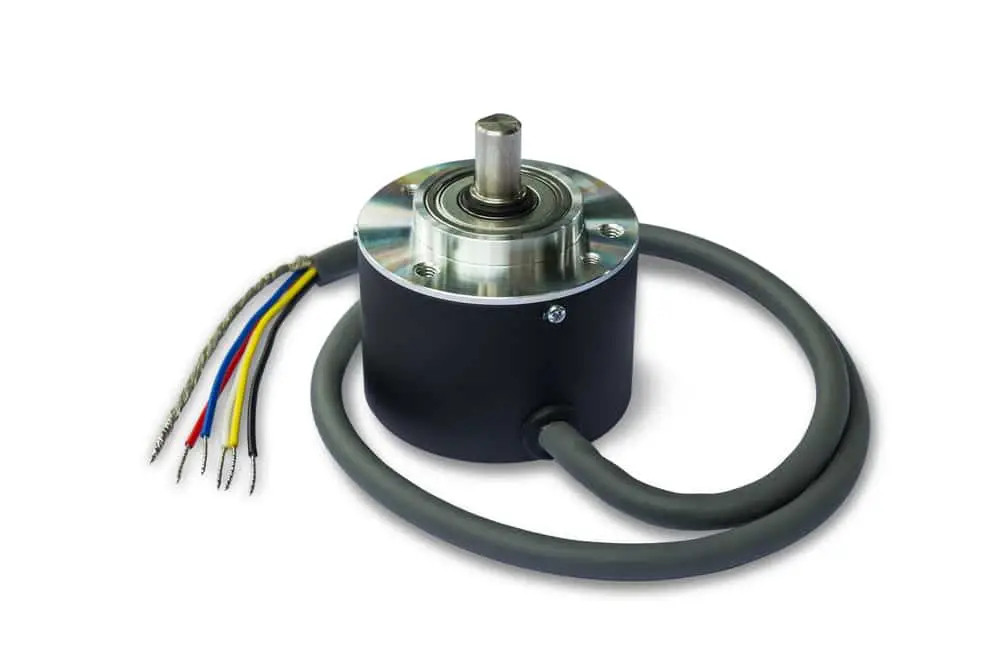
Encoders are devices that convert motion into electrical feedback signals read by a control device such as a PLC (programmable logic controller) to measure changes in position, speed, count, direction, and linear distance. To put it simply, encoders provide motion control systems information on position, count, speed, and direction.
The underlying principle behind encoders is simple. Encoders utilize motion, under a variety of technologies, and convert that motion into an electrical signal. The generated signal is then sent back to a controlling device, such as a PLC, and is interpreted, meaning scale, to represent a value that will then be used within the program.
Types of Encoders
All encoders have the same basic function, but there are a variety of styles, including rotary, linear, position, and optical encoders. These styles are further classified by absolute, incremental, and energy harvesting encoders.
The type of encoder you need for industrial automation processes depends on the requirements for monitoring the motion and position of an object. For example, due to the performance and reliability advantages of the semiconductor technology they incorporate, optical encoders are the most preferred solution in many common computer, industrial, and automotive applications.
Here are some common types of encoder devices:
#1 Absolute Encoders
An absolute encoder provides an absolute (unique) position value or data word at every point of rotation representing the “absolute” position of the encoder. Actually, it generates a stream of digital codes to measure the actual position. From the moment you switch it on, an absolute encoder can specify the exact position of the rotating shaft that it is measuring.
Absolute encoders keep the correct position in the event of a power failure without requiring homing at startup. Absolute encoders are utilized in a wide range of applications that need monitoring or control, or both, of mechanical systems, such as surgical robotics and medical diagnostic imaging.
#2 Incremental Encoders
It is an electro-mechanical device that works by transforming the angular position of the shaft into digital or pulse signals by means of an optical disk. An incremental encoder generates binary pulses proportional to the rotation of a shaft to measure speed, relative position, and direction. An incremental encoder can measure the change in position but not the absolute position that can be measured by an absolute encoder.
Incremental encoders are available in two basic output types, single channel and quadrature. Incremental encoders are utilized in a wide range of applications that need monitoring or control, or both, of mechanical systems, such as volume control in filling applications, speed monitoring in wind turbines, direction control, speed control in elevator fields, and so on.
#3 Energy Harvesting Encoders
Energy harvesting encoders utilize technology that enables operation without a battery or gears, eliminating worries about wear-prone gears and frequent battery replacement. The cost-competitive nature of energy harvesting encoders will make them be used in a wide range of general position applications.
Application of Encoders in Automation and Machinery
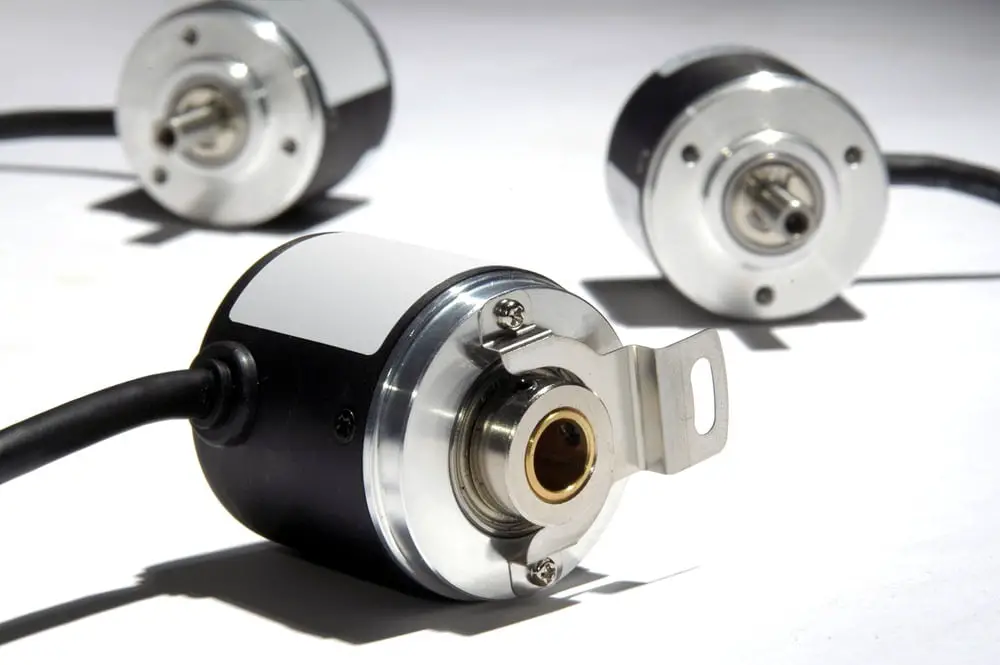
Encoders are used throughout many industries and are well suited to a whole host of applications in a wide range of industries such as:
- Robotics
- Elevators
- Energy Systems Machinery
- Motorsport
- Heavy-duty Applications
- Automation
- Factory Applications
- Industrial Applications
- Machine Building
- Food Industry
- Drink Technology
- Quality Control
- Cranes and Construction
To put it simply, encoders are used in nearly every piece of machinery you see and use for your daily operations, they are an essential part of devices that need to operate at high speed and with high accuracy.




![Types of Engineers and What they Do [Explained]](https://www.engineeringpassion.com/wp-content/uploads/2022/04/types-of-engineers-and-what-they-do-280x210.jpg)

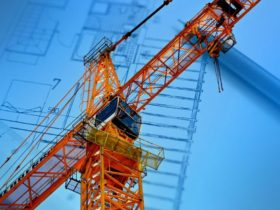


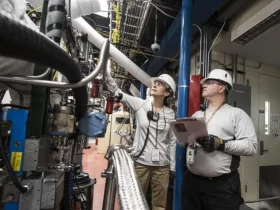
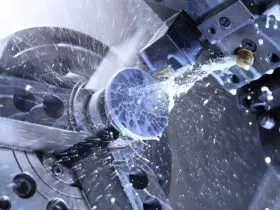
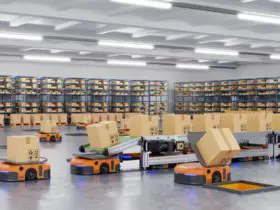
The analysis of the encoder is a bit brief, but it’s good that I can read it quickly.